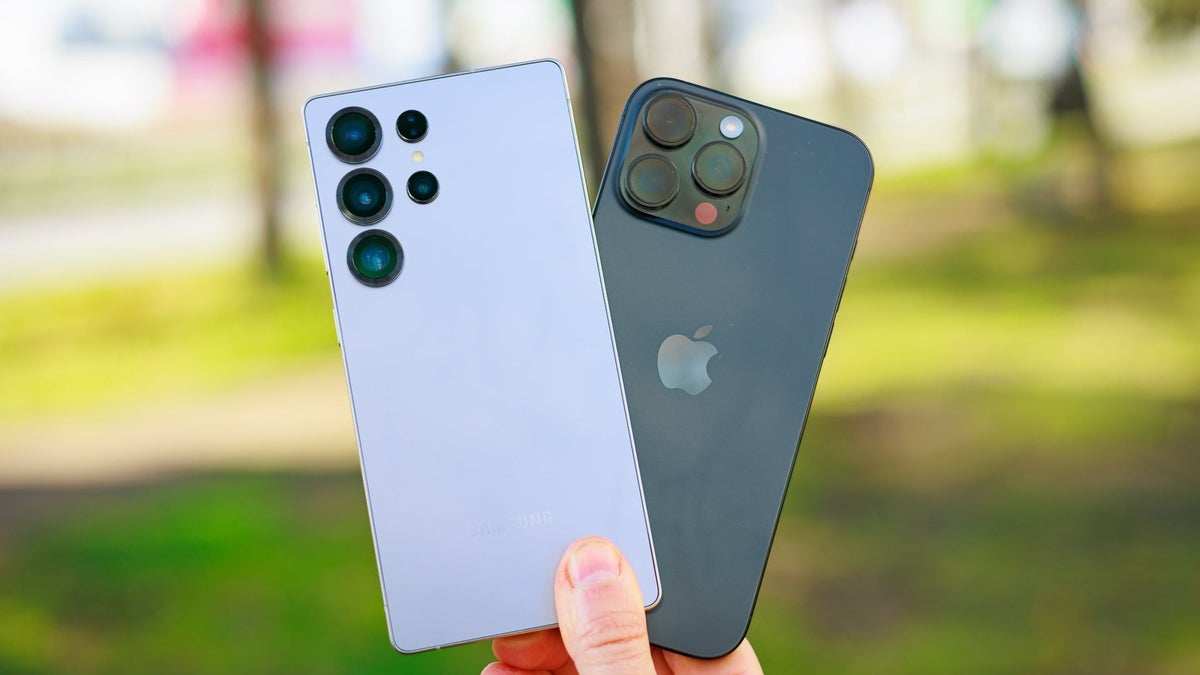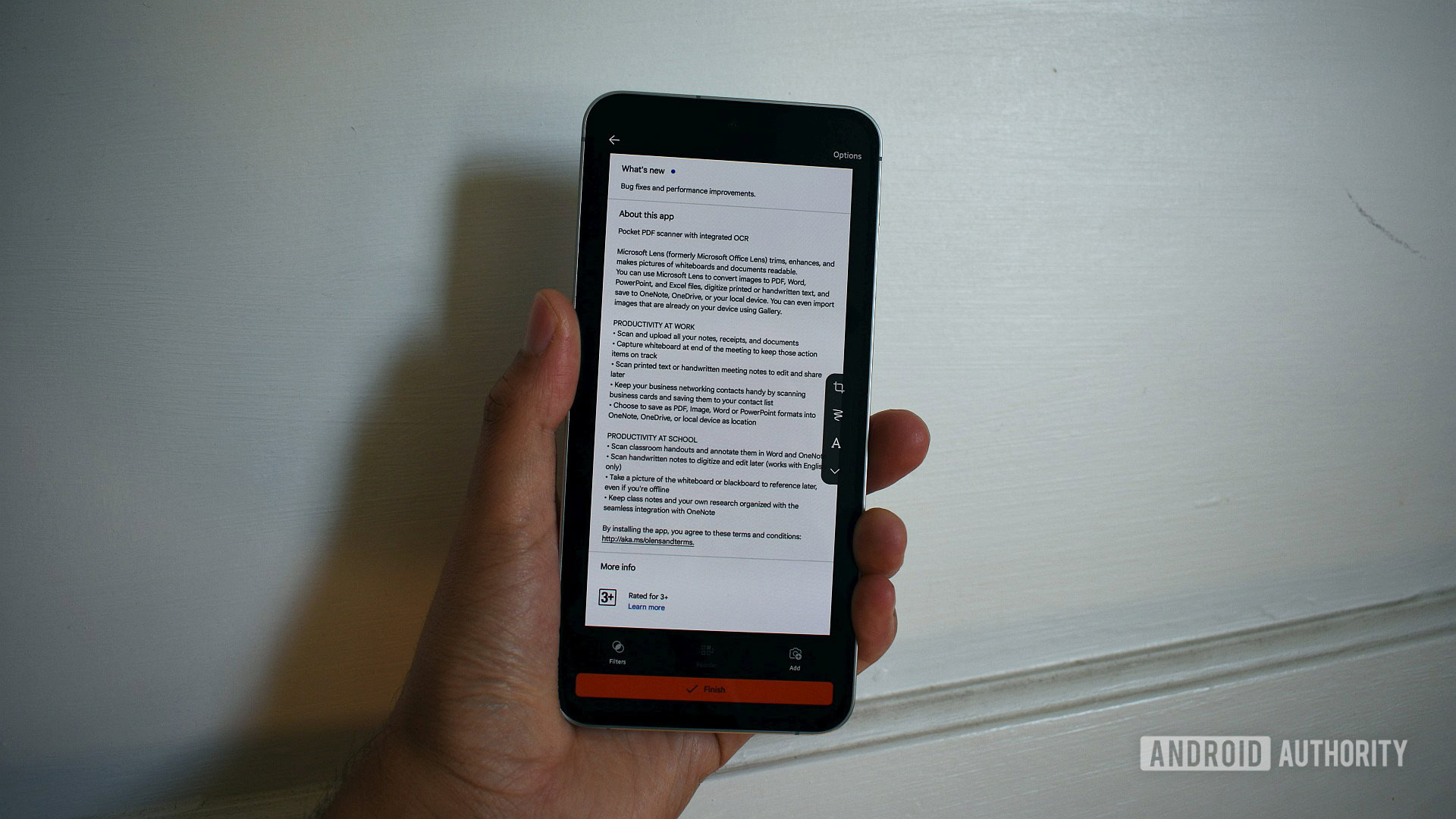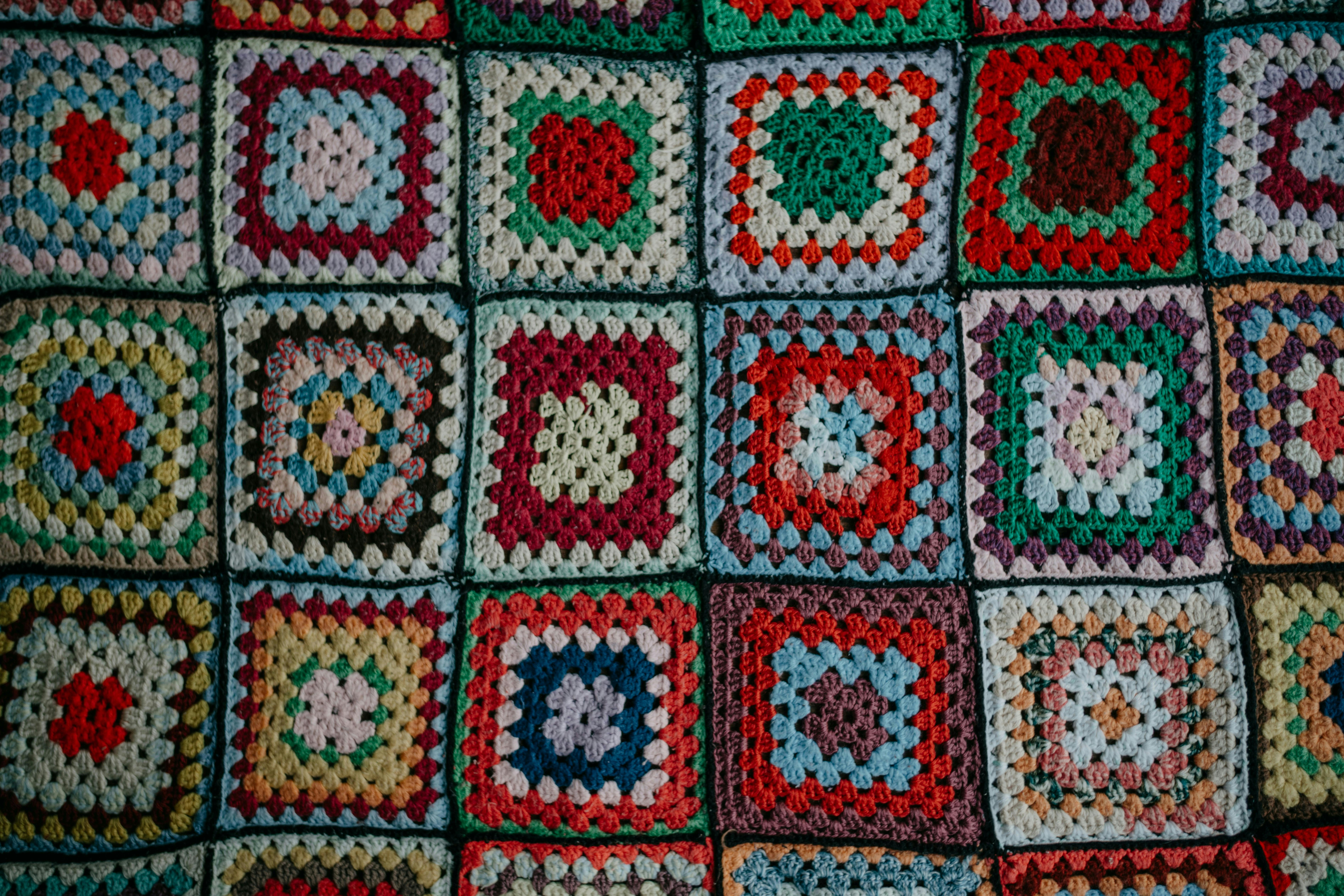Imagine trying to pay for your electricity online, but the text on the call-to-action button is too small to read, or your aunt in the village who wants to use her mobile banking app, but the app doesn’t support her native language. For many Nigerians, this is their daily predicament while using a digital product. Despite the country’s huge population and multitude of tribes, languages, cultures, and socioeconomic characteristics, very few digital platforms take note of these unique differences while developing products. The price for this? Millions of Nigerians who could benefit from digital tools, potentially left out.
Nigeria’s diversity calls for knowing your users’ constraints
The problem of digital exclusion in Nigeria affects many groups. People living with physical disabilities struggle with navigating websites and apps that are incompatible with assistive technology such as screen readers. Less tech-savvy users and people with low literacy levels face challenges, as many digital platforms rely heavily on unfamiliar tech terms, with little to no support for local languages. In rural areas, many individuals still rely on non-smart phones, yet most digital services prioritise only smartphone users. Additionally, people in remote areas with poor internet access are often excluded due to high data-consuming apps that are slow and expensive.
A typical example of an accessibility concern is a young professional in Ibadan who wants to watch an online course; however, upon realising that the video will consume a lot of data, he misses an opportunity to upskill himself. Similarly, a trader in Kano who prefers to read in his local language, Hausa, but most government websites provide information only in English. These scenarios highlight how technology in Nigeria often fails to be inclusive.
Inclusivity is key to reaching the underprivileged
Some Nigerian companies are taking steps toward inclusivity. Most Nigerians have adapted to USSD banking services, which were pioneered by eTranzact but made popular by banks like GTBank and FirstBank, allowing users to transfer money and pay bills without an internet connection. This benefits rural traders, elderly Nigerians, and those who prefer simple text-based banking. In the banking sector, ATMS with voice guidance have been introduced by some banks, which help visually impaired users withdraw money independently and seamlessly. Similarly, e-learning platforms like ULesson allow students to download lessons for offline learning, supporting students in remote areas with limited internet access.
An important area that needs urgent attention of digital inclusivity is the Micro Pension Plan for the informal business sector, which accounts for 76.7% of Nigeria’s workforce. Most employers and employees in this sector, mainly traders, artisans, and small business owners, do not have access to structured pension plans due to the bottlenecks of existing financial systems. This is an opportunity for tech innovators to develop solutions to digitalise the Micro Pension Plan and make it more user-friendly. Digitalising this untapped market can ensure that millions of informal workers have financial security when they retire.
Digital industry-wide need for inclusive designs
Inclusivity in digital platforms extends beyond the financial sector and spreads across the transportation sector. Many navigation apps primarily use Western accents for voice directions, which are unfamiliar to Nigerians. Adapting Nigerian accents into these systems would make them more user-friendly. Accurate pronunciation of place names and familiar directional expressions in Pidgin or indigenous languages would improve accessibility. In 2019, Google Maps introduced Naija accent in its map app, helping commuters to hear travel advice in a local voice, which has greatly improved the user experience. Clear, culturally relevant voice navigation can enhance travel safety and usability for many Nigerians, particularly commercial drivers and those with lower literacy levels.
Product designers like me must champion the cause of digital inclusivity, as many businesses do not see accessibility as a priority. Investing in accessibility at the early stages of product development is one of the ways a product can reach a larger customer base, as more people can use the product, increasing revenue. It also improves brand reputation, as businesses seen as inclusive gain public trust. Furthermore, with many countries enforcing accessibility laws, Nigerian companies that adopt inclusive design early will be ahead of future regulations.
Nigeria’s digital space is growing fast, but not everyone can fully participate. The most successful companies will be those that prioritise accessibility, not just for social good, but for long-term growth. Companies should test their apps with real users, including those with disabilities and low literacy. Government agencies should promote accessible digital services, and designers and developers must think beyond urban, tech-savvy users. By making digital platforms accessible, we can build a Nigeria where technology works for everyone.
______
Olufemi Ayandokun is a senior product designer passionate about accessibility and digital inclusion. He has created user-centred digital products for Moni Africa, Xchange Box, and several tech startups, consistently prioritising inclusive design to ensure equitable user experiences.
Mark your calendars! Moonshot by is back in Lagos on October 15–16! Join Africa’s top founders, creatives & tech leaders for 2 days of keynotes, mixers & future-forward ideas. Early bird tickets now 20% off—don’t snooze! moonshot..com











